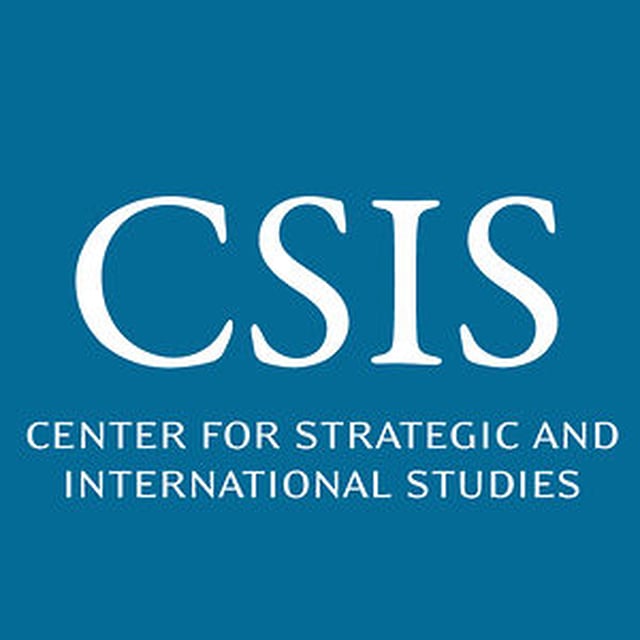In September 2012, Women without Borders (WwB) and Tuesday’s Children convened the ‘Of One Fabric: Mothers of 9/11 Refuse to Hate’ workshop at the Eileen Fisher Leadership Institute. The workshop brought together fifteen women whose spouses or children had passed away during the 2001 terrorist attacks on the US. The survivors created an art installation and participated in the short documentary film ‘We Refuse to Hate: The Mothers of 9/11’, which highlights the importance of fostering a culture of reconciliation and promoting peace through storytelling.
The 9/11 attacks on the United States had lasting effects on national security policies and led to an atmosphere of heightened polarisation and heated debates surrounding the future of politics and identity in America. Observing the lasting effects of 9/11 on those who had lost family members during or following the attacks, Women without Borders (WwB) sought to give the mothers and wives of victims a storytelling platform that could help the process of healing and provide an example for alternative narratives that promote peace and reconciliation.
Viewing the mothers and wives of 9/11 victims as potential agents of change, WwB, with the support of Tuesday’s Children, organised its first ‘Of One Fabric’ workshop, entitled ‘Mothers of 9/11 Refuse to Hate’ in September 2012. As a part of WwB’s Sisters Against Violent Extremism (SAVE) network of projects, the ‘Of One Fabric’ initiative convened fifteen affected women at the Eileen Fisher Leadership Institute in New York to develop peace and reconciliation narratives. WwB sought to highlight the commonalities of loss and tragedy that result from acts of violent extremism.
The workshop participants exchanged personal experiences and discussed four central topics that featured prominently in all of their lives: supporting their teenage children who lost a parent when they were young; coping with feelings of resentfulness towards children that their spouse wanted to have and are now left to raise alone; feeling guilt about the deaths of young American soldiers who were deployed to fight in Iraq and Afghanistan; and explaining the challenges that they have faced because of the public nature of the tragedy.
Prior to the dialogue, many of the women had felt alone and isolated in their feelings. Talking about these topics allowed the participants to recognise that others felt similarly, and that they could apply their shared concerns to effect positive change. By coming together as survivors in various stages of their grieving process, they could help and inspire one another ‘to keep putting one foot in front of the other’. Beyond sharing their personal stories, the mothers and wives of 9/11 victims also talked about their future plans, and many expressed how they sought to support others in similar positions: mothers and wives of both the victims and perpetrators.
Following the workshop discussions, the participants put together an art piece and partook in a documentary. With the guidance of a local artist, they created ‘one fabric’: each woman brought along a personal belonging connected to a loved one whom they had lost, and all of the items were brought together. The documentary, entitled ‘We Refuse to Hate: The Mothers of 9/11’, which features the workshop participants, calls the public to action in promoting peace through storytelling, highlights commonalities of loss and tragedy that result from acts of violent extremism, and fosters an understanding of the role that women can play in countering hate speech. The film also points to the unique position of women in transmitting central values of tolerance, understanding, and respect to the youth and community members, and to mothers of victims and perpetrators alike.
The workshop concluded with a collective declaration on the part of the participants, who stated: ‘Women must be aware of their power, potential, and responsibility to educate others against violence and extremism, and to stop the killing and hatred. We are women of one fabric, and we must stand together, united, to make this a more peaceful world for all. Terrorists around the world forge a contract with death. We embrace life. Our loss should never be your loss’. Women without Borders published this with the help of Thomson Reuters in order to alert other women to their unique potential in countering hate and contributing to reconciliation efforts.


